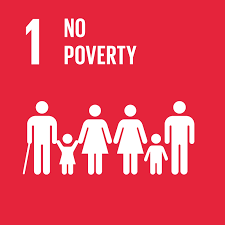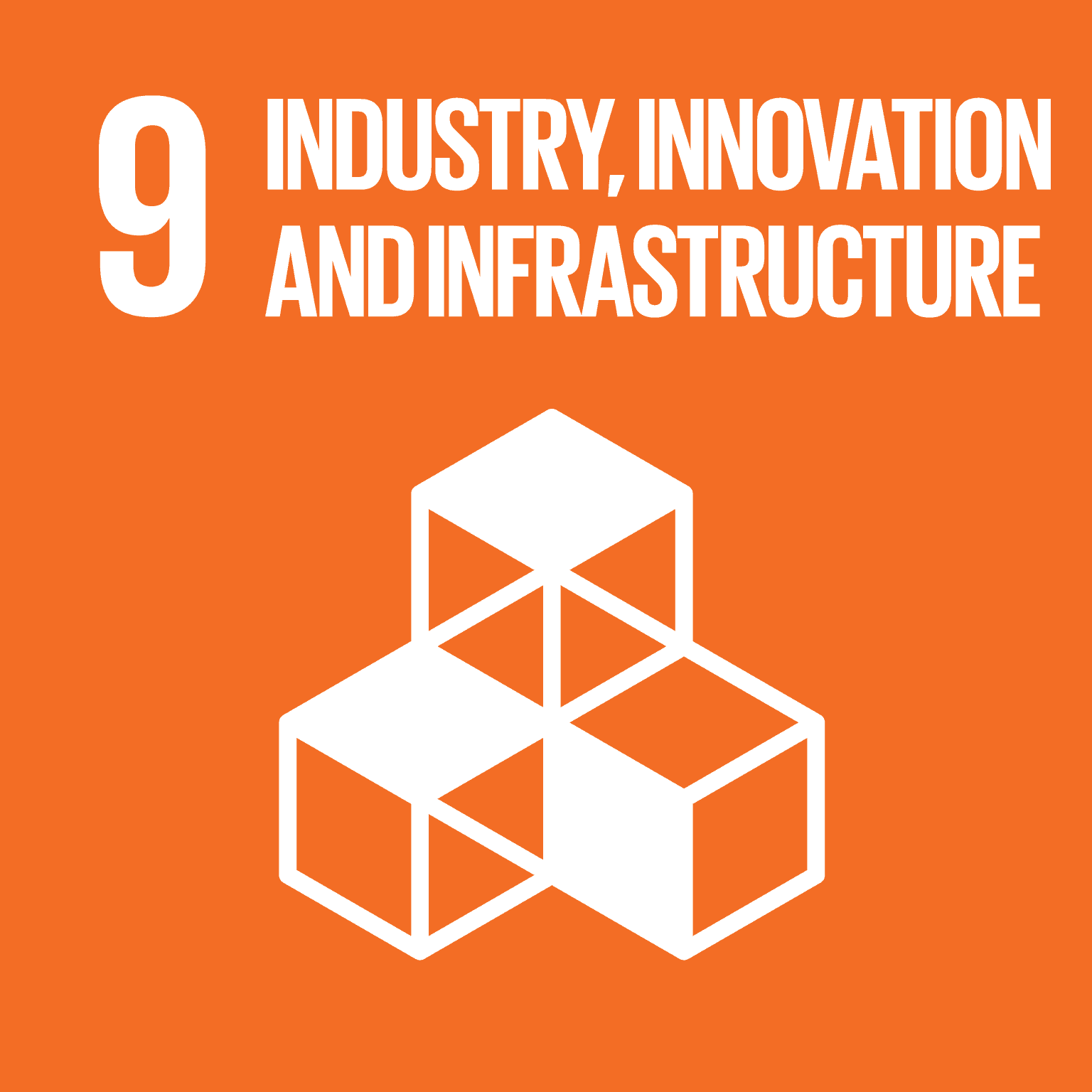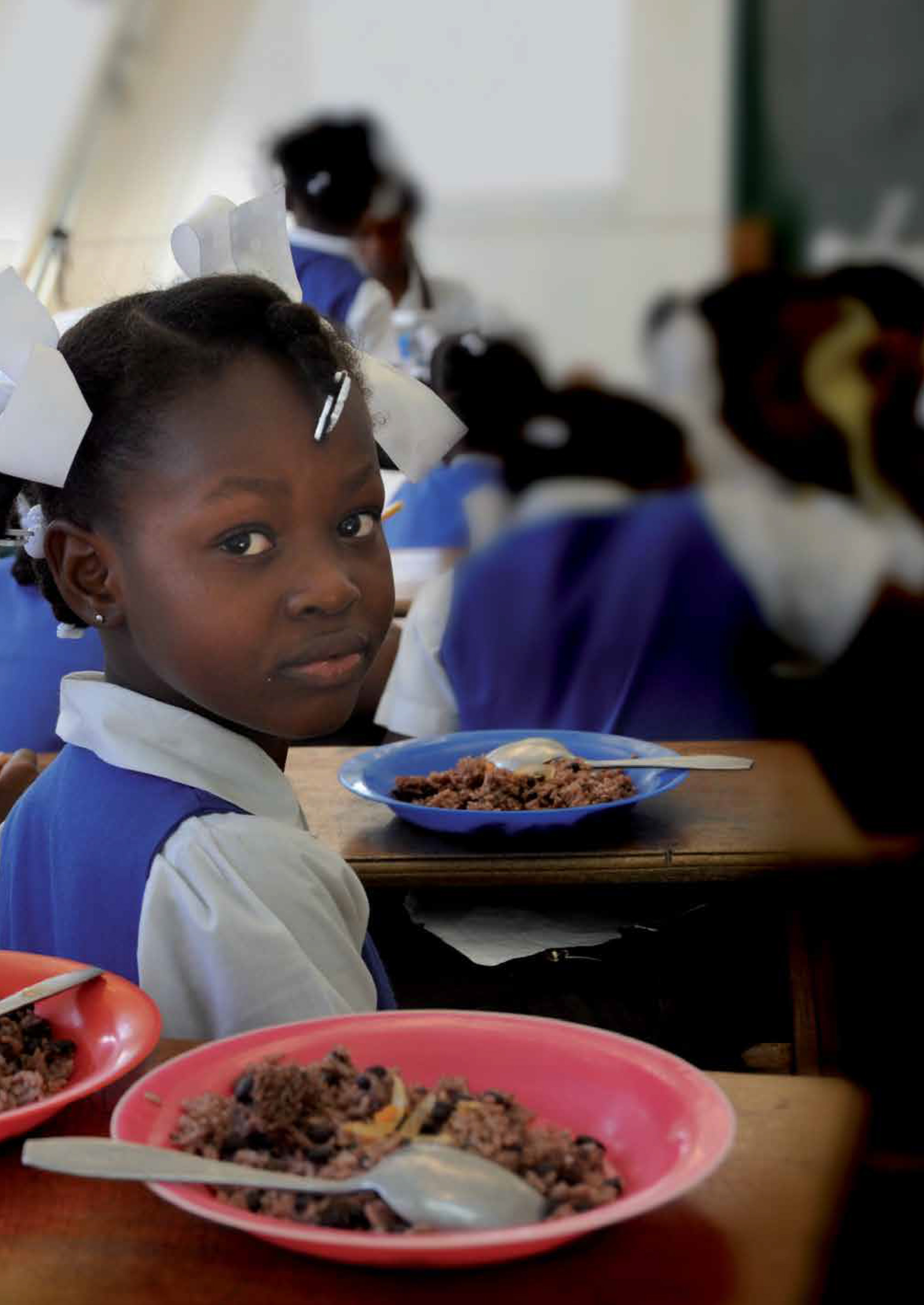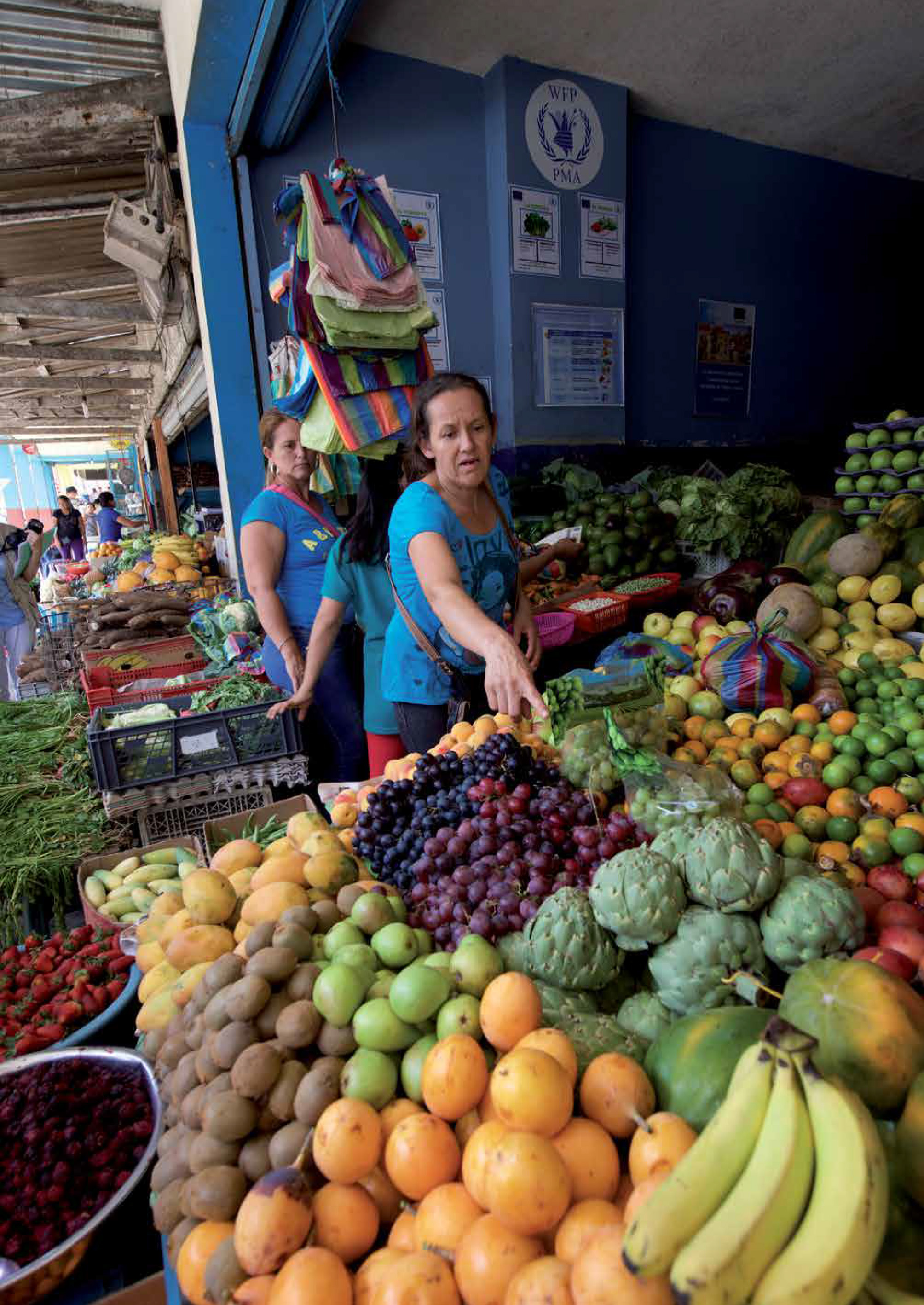Smart School Meals
Combining food security efforts with a nutrition-sensitive approach in order to not only feed children but also promote healthier eating habits
Challenges
Latin America and the Caribbean suffer from a food security challenge, with over 11 per cent of children under five struggling with chronic malnutrition. Although the region has an agriculture sector that is seen as an example for countries abroad, its food supply is not always guaranteed. Great advancements have been made, especially since the 1990s, but the region still faces a mix of rising levels of obesity and malnutrition, undernutrition and micronutrient deficiencies.
Towards a Solution
The WFP Smart School Meals initiative focuses on nutrition-sensitive projects for countries of the Latin America and the Caribbean (LAC) region, trying to analyse how the cumulative regional annual budget of over $4.3 billion for school meals can turn into an investment for healthier practices. As a fight against obesity and malnutrition, the focus is on building nutrition-sensitive actions that can adapt to changing needs and use local food production for such ends, with special attention to pre-primary schoolchildren and adolescent girls. The aim is to convert a quantity-based approach into a quality-based one, assisting national governments in the development of comprehensive national plans to this end.
The method of the WFP initiative focuses on regional good practices in six key areas in which food security deficiencies in terms of smart and sustainable nutrition are felt. The key areas are: (a) smart investment in quality school meal programmes that maximize their contribution to nutrition; (b) continued political and financial commitment to advance the quality of service provision; (c) strengthened monitoring and evaluation systems to support the expansion of school meal programmes; (d) nutrition-sensitive school meal programmes integrated into wider national social protection systems and linked to other social protection instruments; (e) renewed forms of community participation to enhance local ownership and advance gender equality; and (f) different contexts, many actors and one community of practice joining forces to move towards more innovative partnerships to strengthen nutrition outcomes. The mapping of good practices is done in a way that will incentivize Governments to adopt adequate policies for their national needs. This is done through a comprehensive analysis in 16 LAC countries (Plurinational State of Bolivia, Colombia, Cuba, Dominican Republic, Ecuador, El Salvador, Guatemala, Haiti, Honduras, Nicaragua, Panama, Paraguay and Peru, plus Brazil, Chile and Mexico, the three of which have well-established smart-meal programmes), representing 90 per cent of the 85 million school-meal beneficiaries in the world.
The WFP initiative compiled the experiences of LAC countries in conducting food security policies and systematizing and sharing knowledge on nutrition-sensitive approaches for school meals in the region in a comprehensive publication entitled Smart School Meals: Nutrition-sensitive National Programmes in Latin America and the Caribbean – A Review of 16 Countries so that they can serve as examples of what to do and what to avoid. Seeking to enable and unlock the potential of South-South cooperation, the report presents information that enables the identification of solutions, innovations and approaches that could be replicated elsewhere, since many of the countries and communities of the region face similar (if not parallel) challenges in agriculture and farming.
The WFP initiative and final report found that “school meals are increasingly seen as key components of national social protection systems, as well as an instrument to realize the rights to food and education” and that “food security and nutrition are becoming increasingly important complementary objectives.”[1] The review by the organization shows that while this is the current scenario, LAC countries are, indeed, increasingly committed to strengthening the nutritional quality, cost-efficiency and sustainability of their school-meal programmes while also seeking to link local producers to school meals in order to achieve complementary objectives. Finally, the study concludes that a noteworthy strategy, and a valuable lesson in order to think of food security in terms of quality, is the provision of animal products and fresh fruits and vegetables in the food basket to increase schoolchildren’s access to not only sufficient but also healthy and nutritious foods.
This good practice is sustainable and replicable because it is inherently linked to structural reforms, thus requiring wide and thorough commitments to specific agendas. The WFP initiative is one comprehensive approach to school-meal programmes and one that must be replicated in national, provincial and local policies to adequately map demands. Considering that Governments are increasingly perceiving food security, child nutrition and quality education as the foundations of solid economic growth and that “nutritionally balanced school meals, along with complementary nutrition education and health measures, can support child development and hunger reduction, with short- and long-term benefits”, this clearly becomes a matter of concern for countries all across the region.
Contact Information
Mr. Daniel Balaban, Director, Centre of Excellence Against Hunger, World Food Programme (WFP)
Countries involved
Regional
Supported By
World Food Programme (WFP)
Implementing Entities
World Food Programme (WFP), national governments of countries of the LAC region
Project Status
Ongoing
Project Period
2017
URL of the practice
https://www.wfp.org/publications/smart-school-meals-nutrition-sensitive-national-programmes-latin-america-and-caribbeanPrimary SDG
02 - Zero Hunger
Secondary SDGs
03 - Good Health and Well-being, 10 - Reduced Inequalities, 12 - Responsible Consumption and Production
Similar Solutions










